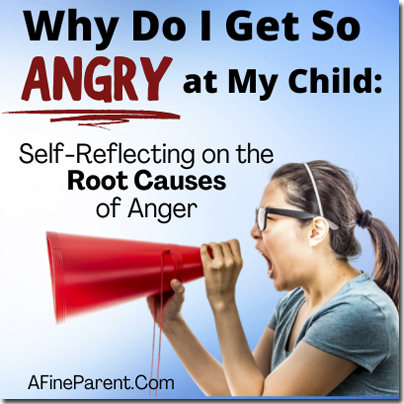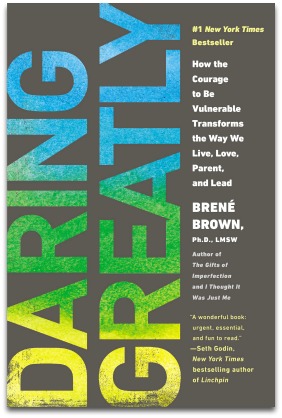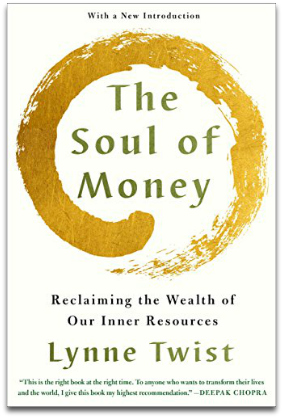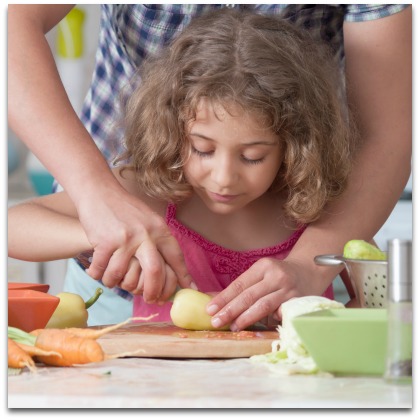 Once, as I stepped up to speak with a group of parents, the woman in charge introduced me with these words: “Here’s Jill, the Anger Mom.”
Once, as I stepped up to speak with a group of parents, the woman in charge introduced me with these words: “Here’s Jill, the Anger Mom.”
I thought, there are titles I’d rather be labeled. Pastor and change expert. Lord of the Rings fanatic. Generic “writer and speaker.” I’d take Crazy Cat Lady over “Anger Mom.” It wouldn’t be wrong.
“Anger Mom,” though, is what I’ve become to a couple generations of parents needing someone who’s walked the journey from angry parent to peaceful home. It’s the most popular topic chosen from my speaking list. I believe that’s because none of us ever expected to turn into that parent. [Read more…]
 I met a special girl the other day. Her name is Violet and she is 6.
I met a special girl the other day. Her name is Violet and she is 6. A few months ago, my phone required a reset in hopes it would respond better to its master. Afterward, I realized that all my notifications had been turned off.
A few months ago, my phone required a reset in hopes it would respond better to its master. Afterward, I realized that all my notifications had been turned off. I was sexually molested by a relative from the age of eight to fourteen.
I was sexually molested by a relative from the age of eight to fourteen. “Mommy, is she going to be better at everything than me?”
“Mommy, is she going to be better at everything than me?”
 Hearing another child or a sibling praised doesn’t have to devastate a child if she knows her parents are pleased and proud of her real accomplishments and abilities. As Dr. Lisa Firestone says in
Hearing another child or a sibling praised doesn’t have to devastate a child if she knows her parents are pleased and proud of her real accomplishments and abilities. As Dr. Lisa Firestone says in 

 Spend time doing nothing with them. If all parent-child time is focused on things like homework, lessons, and practices, a child gets the idea that performance is the center of the relationship. Take time to go for a walk, play a game, make cookies, read a book, or plant a garden. (Do not criticize how the cookies are being made!) Set aside time to show your child that you value just being with him. Then, when he hears you mention how well Jordan is playing soccer defense, he has a safeguard from jealous feelings creeping in because you don’t only love being with him at soccer games—you love the whole package.
Spend time doing nothing with them. If all parent-child time is focused on things like homework, lessons, and practices, a child gets the idea that performance is the center of the relationship. Take time to go for a walk, play a game, make cookies, read a book, or plant a garden. (Do not criticize how the cookies are being made!) Set aside time to show your child that you value just being with him. Then, when he hears you mention how well Jordan is playing soccer defense, he has a safeguard from jealous feelings creeping in because you don’t only love being with him at soccer games—you love the whole package.